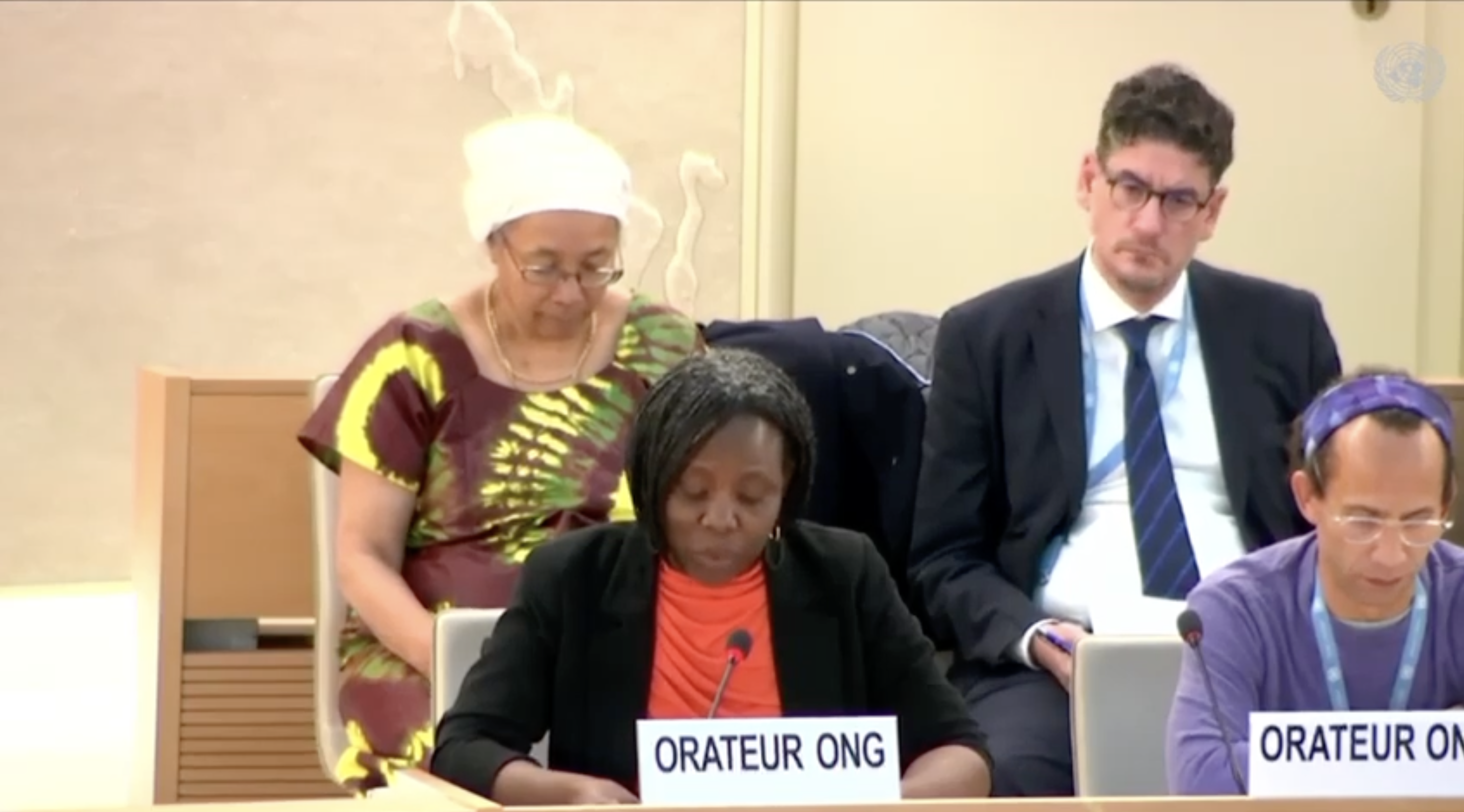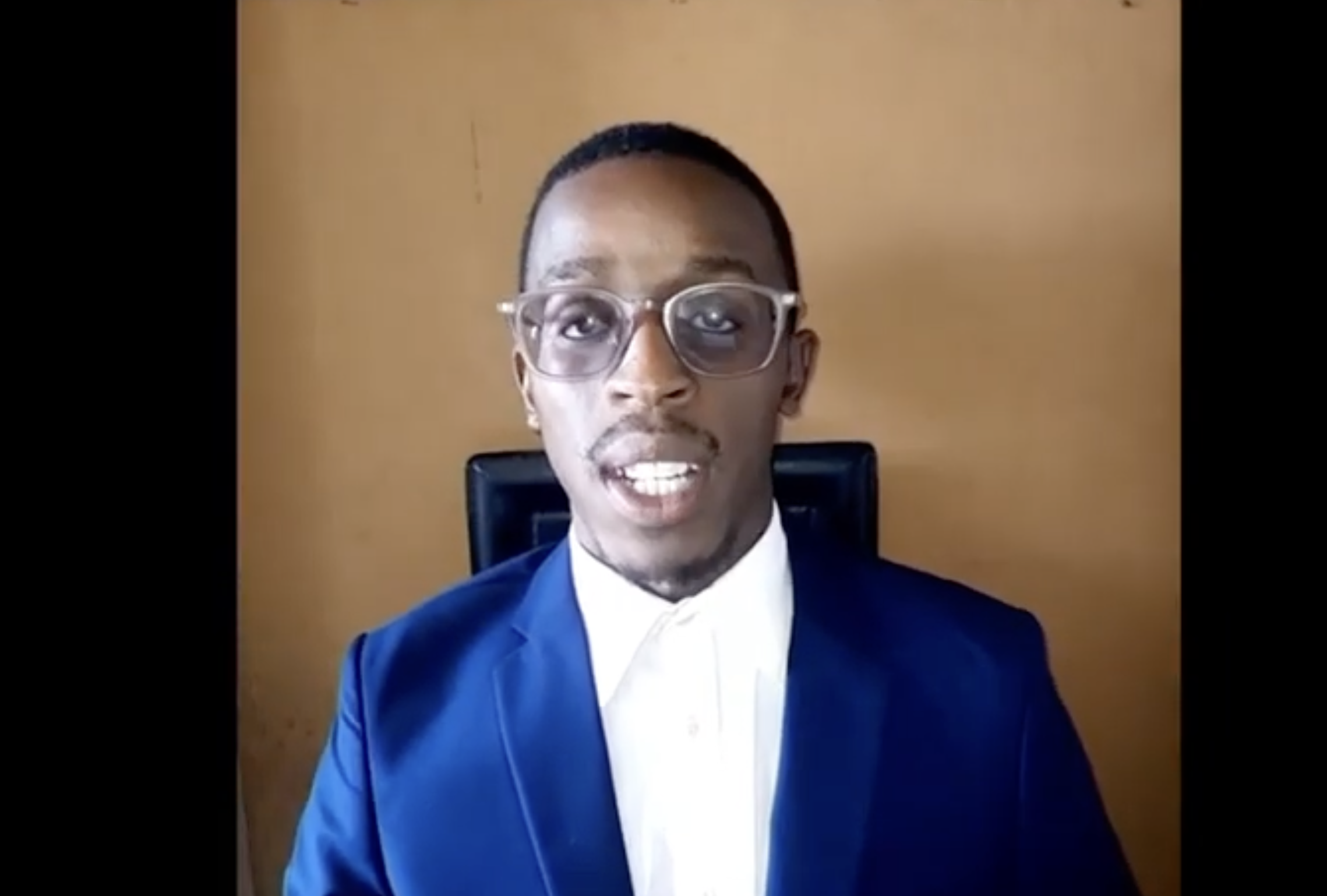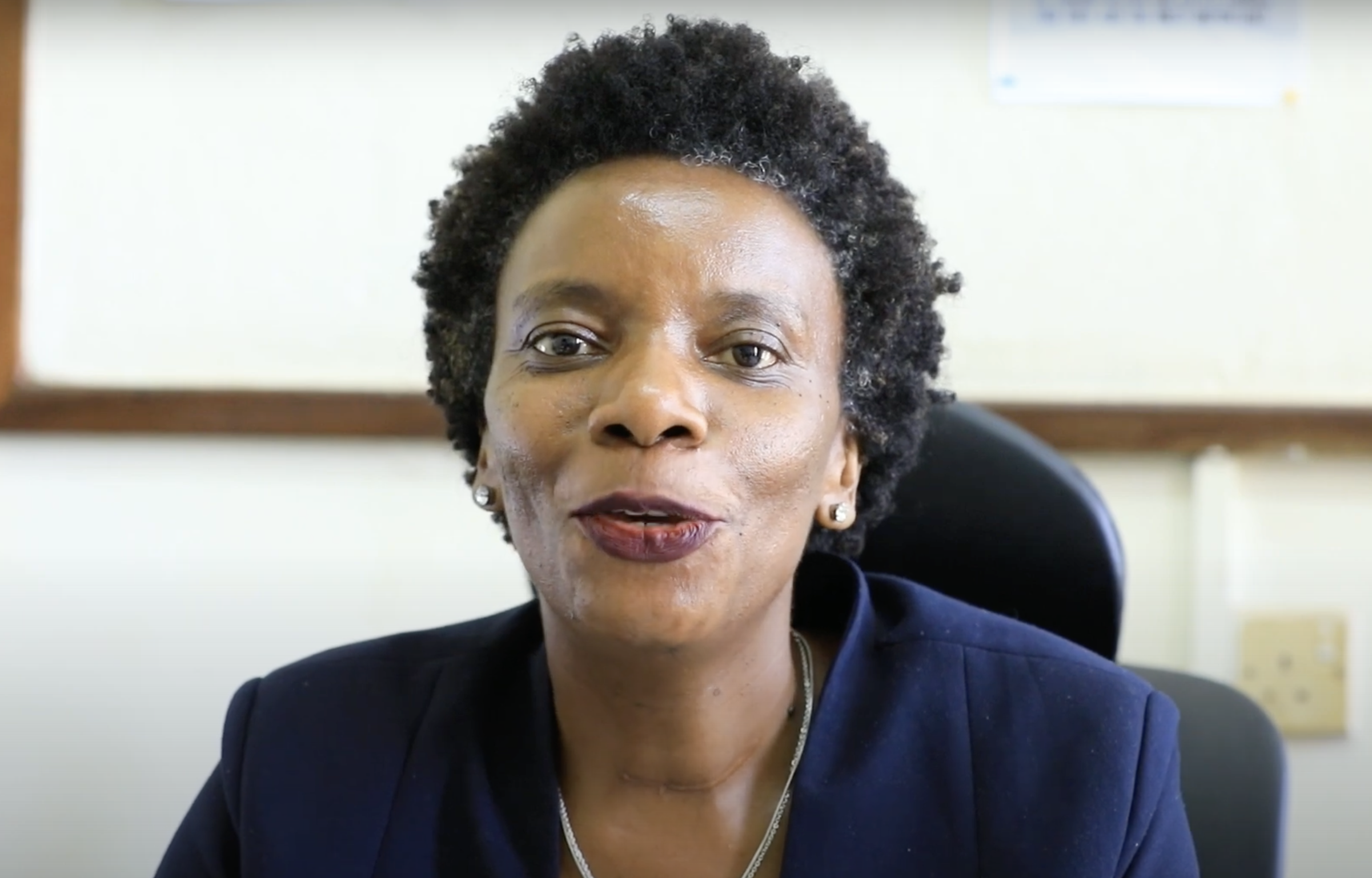Delivered by Loïc Dorthe / GICJ
More than a year after the Myanmar military's coup on 1 February 2021, the international community continues to search for ways to economically weaken the junta. On 22 September, an Interactive Dialogue was held on the OHCHR report A/HRC/51/41, to discuss the progress and the challenges remaining following the suggestions of the Fact-Finding Mission (FFM). Loïc Dorthe of GICJ called for more international cooperation to act against Myanmar’s military.
The junta's takeover of Myanmar has worsened an already critical human rights situation. The military and its leaders are accused of misleading their people, and the junta is accused of committing crimes against humanity, including elements of genocide against the Rohingya.
Myanmar’s military finances its misdeeds through state-owned enterprises, which enjoy monopoly rights in several sectors, such as the mining and oil production. The junta continues to profit from economic revenues, and there is no sign of a return to democratic institutions or respect for human rights in Myanmar.
On behalf of EAFORD and Geneva International Centre for Justice, Loïc called on all states, especially ASEAN and those with significant economic ties to the junta-controlled enterprises, to implement economic sanctions to the best of their ability, and to promote trade with civilian companies. Economically weakening the military, and strengthening the civilian parties are responsibilities of all states willing to commit to the return of democratic political institutions, and respect for human rights in Myanmar.
hrc51, human rights council, Myanmar, Rohingya, Junta military, justice, Geneva4Justic, Geneva International Centre for Justice, GICJ, interactive dialogue







